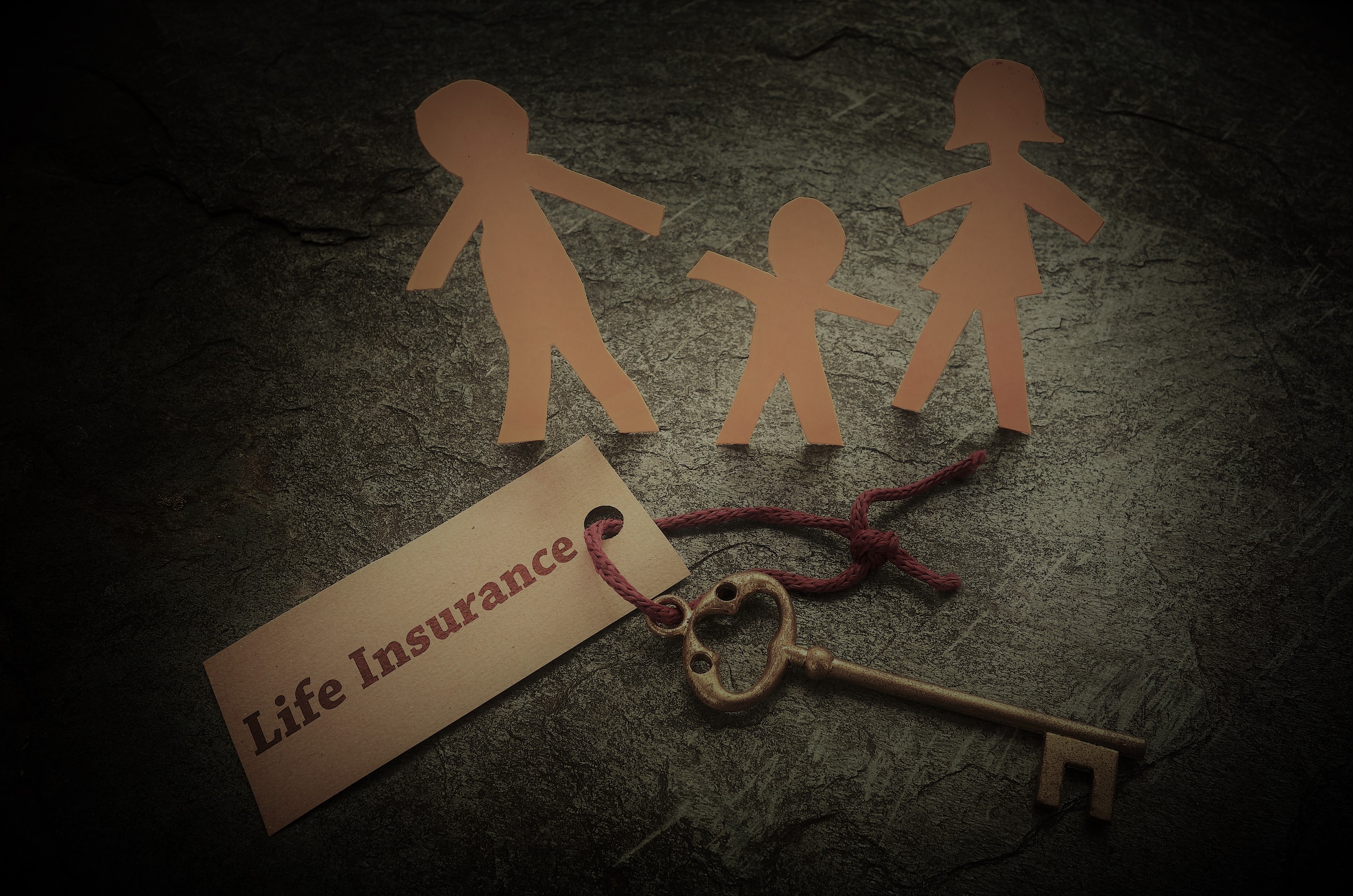Health Disease
Your body is the most priceless possession. After all, you have to dwell in it! So take care of it with a right Health Insurance Plan.
What is Epilepsy?
Epilepsy is a disorder of central nervous system in which the brain activity starts becoming abnormal that further causes seizures or periods of unusual behavior, loss of awareness and sensations.
Epilepsy can be developed by anyone. It can affect men and women of all races, ages and ethnic backgrounds. A person with epilepsy usually experiences recurrent seizures. This occurs due to a sudden surge of electrical activity inside the brain causing a temporary disturbance in the messaging systems between the brain cells.
Seizure symptoms can widely vary from one person to another. For instance, some people with epilepsy stare blankly for a few seconds when they get a seizure, while some others repeatedly twitch their legs or arms. In case you just have a single seizure, it certainly doesn't mean that you have epilepsy. You need to at least have two unprovoked seizures for a diagnosis of elilepsy.
Causes of Epilepsy
We all know that every function in our body is triggered with the messaging systems in our brain. When this system is disturbed because of faulty electrical activity, it causes Epilepsy.
In most of the cases, the exact cause of Epilepsy is not known. Genetic factors are one of the main Epilepsy causes making epilepsy more likely to happen.
Some other Epilepsy causes are mentioned below:
- head trauma, for example, during a car crash
- brain conditions, that includes tumors or strokes
- infectious diseases, say for example, viral encephalitis and AIDS
- prenatal injury
- Damage to the brain usually occuring before birth
- Autism or Neurofibromatosis It generally happens in children below 2 years of age, and adults who are over 65 years.
Types of Epilepsy
There are mainly two types of Epilepsy seizures
- Focal (or partial) seizures
Focal (or partial) seizures occurs when the seizure activity is limited to only a part of one brain hemisphere. In the brain, there is a site or a focus where the seizure begins. Focal or partial seizures are further classifies into two types: Focal seizures with retained awareness which is type of focal seizure that was previously called as a simple partial seizure. Focal seizures with a loss awareness which is type of focal seizure that was also known as a focal dyscognitive seizure. Earlier this was called as complex partial seizures. Experts suggest asking your healthcare provider for explaining the types of Epilepsy seizures you have. - Generalized Seizures
Generalized seizures takes place whenever there is widespread seizure activity in the right as well as left hemispheres of the brain. Generalized seizures are further classified into two types:
Absence seizures which is previously known as petit mal
Tonic seizures
Myoclonic seizures
Tonic-clonic or convulsive seizures (previously known as grand mal)
Atonic seizures that is also called as drop attacks Clonic seizures
Treatment
What should you do in case your Epilepsy worsens?
In case your Epilepsy symptoms worsens, all you need to do is visit a health care specialist at the earliest for further epilepsy treatment.
What are the available Epilepsy treatment options?
Epilepsy treatment with the help of medications or at times even surgery can control seizures for people who suffer from epilepsy. Some people need to get lifelong treatment for controlling seizures, however for others, the seizures go away eventually. In case of children, some may simply outgrow this condition with age.
Currently, most types of epilepsy aren’t curable yet. But, a surgery can help in stopping some kinds of seizure right from occurring. In most of the cases, the condition may also be managed.
A surgery can be of help in case an underlying correctable brain condition causes the seizures. In case epilepsy is diagnosed, your doctor will prescribe drugs that are used for seizure-prevention or anti-epileptic drugs.
In case you do not respond to drugs, the next Epilepsy treatment could be a surgery, a specialised diet or a Vagus nerve stimulation (VNS).
In order to help you lead a normal, productive and active life, your doctor will aim from preventing any further seizures from occurring, keeping in mind that there are no adverse side effects.
Anti-epileptic drugs (AEDs)
Anti-epileptic drugs are also one of the best Epilepsy treatment. Most of these AEDs are usually taken orally. Your doctor will decide the drug depending on the type of epilepsy that you suffer from. The most common drug that is commonly used for Epilepsy treatment:
- sodium valproate
- lamotrigine
- carbamazepine
- levetiracetam
Not necessary, if one drug helped in seizures for one person, may also help in another person.
Are there any natural or homemade remedies for Epilepsy?
Mentioned below are some of the homemade remedies for Epilepsy:
- Herbal treatments: These are believed as home remedies for Epilepsy treatment. Some herbs such as hydrocotyle, peony, skullcap, lily of the valley, burning bush, groundsel, mistletoe, mugwort, tree of heaven, valerian etc. may help to treat epilepsy. However, there is no controlled study yet that supports or proves its benefits. But, some of the above herbs are also said to worsen your Epilepsy symptoms.
- Vitamins: Number of vitamins such as Vitamin B-6, Magnesium, Vitamin E and other vitamins may help in Epilepsy treatment. However, you should always consult your doctor before taking the same.
- Dietary changes: Certain dietary changes such as following the ketogenic diet will focus on consuming a high ratio of fats. This will help in epilepsy in children that may help in reducing the seizures.
- Biofeedback and self-control: You may practice, meditation, immersing yourself in some task, sniffing a strong smell or odor, walking, etc. can also help in reducing the seizures, saying no to seizures, etc. These biofeedback will utilize the electrical sensors for altering the brain waves.
- Acupuncture and chiropractic care: These are also considered as epilepsy treatment.
When to see a doctor?
If you are an Epilepsy patient, it's vital to know when you should see or call a doctor. Generally, it is best to visit a doctor if you find any new new symptoms occurring. You should also see a doctor if you have find any side effects from your medications including:
- Problems with coordination
- Abnormal bodily moments
- Any sudden increase in seizures
- Loss of seizure control
- Excessive drowsiness
- Vomiting or nausea
- Allergic reactions, that includes difficulty in breathing, hives, swelling of throat or face, itching
- Blurred vision, double vision, uncontrolled back-and-forth and/or rolling eye movements
- Rash
- Restlessness, excitement, or confusion
- Hair loss
- Joint, bone or muscle pain
- Tremors
- Easy bruising
- Infection
- Extreme weakness
- Fatigue
- Swollen glands
- Pain and/or swelling or bluish color in your leg or foot
- Red, blue, or purple spots on your skin
- Sores, ulcers, white spots on your lips








 support@greyfont.com
support@greyfont.com Call Us on (022) 4891 3051
Call Us on (022) 4891 3051